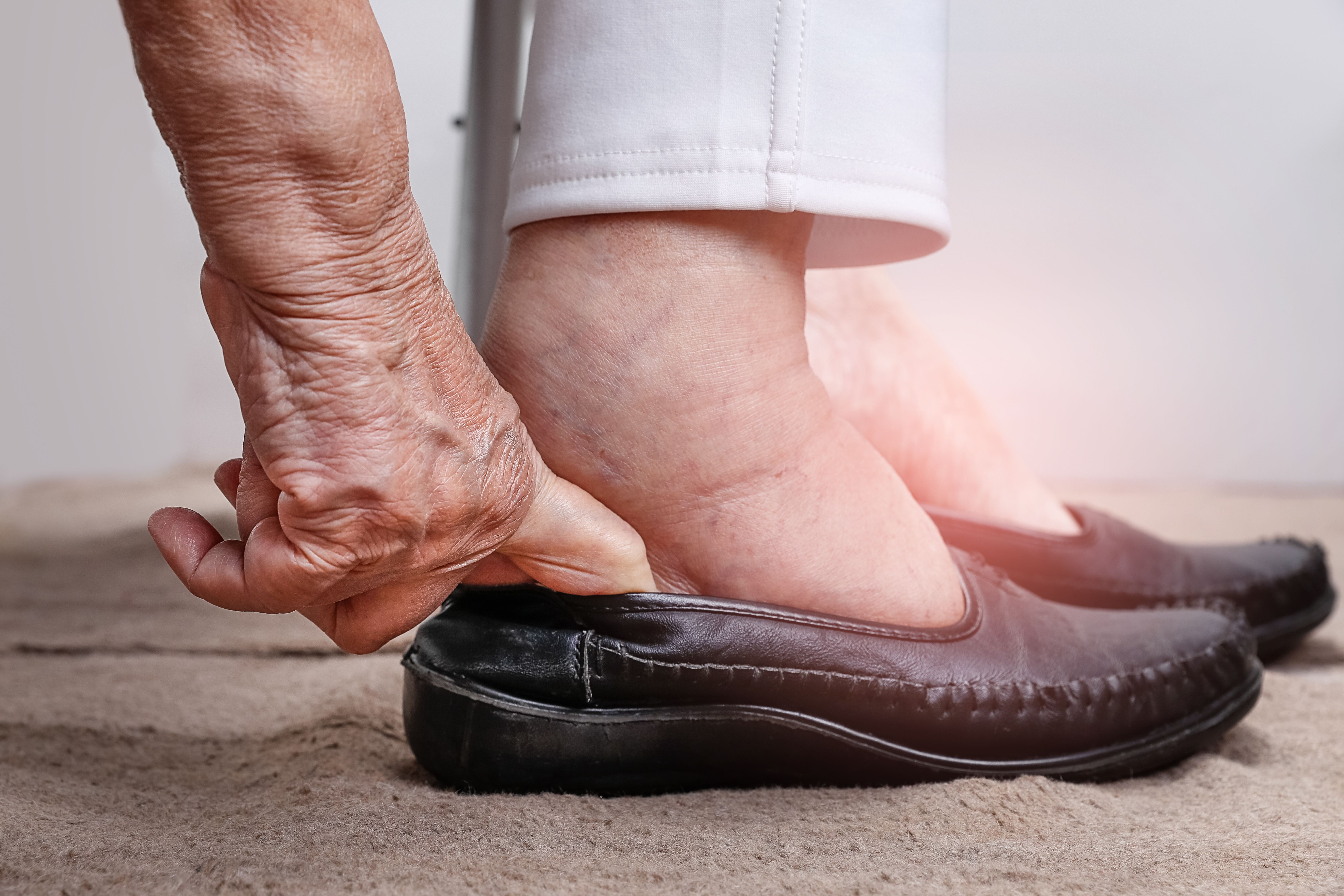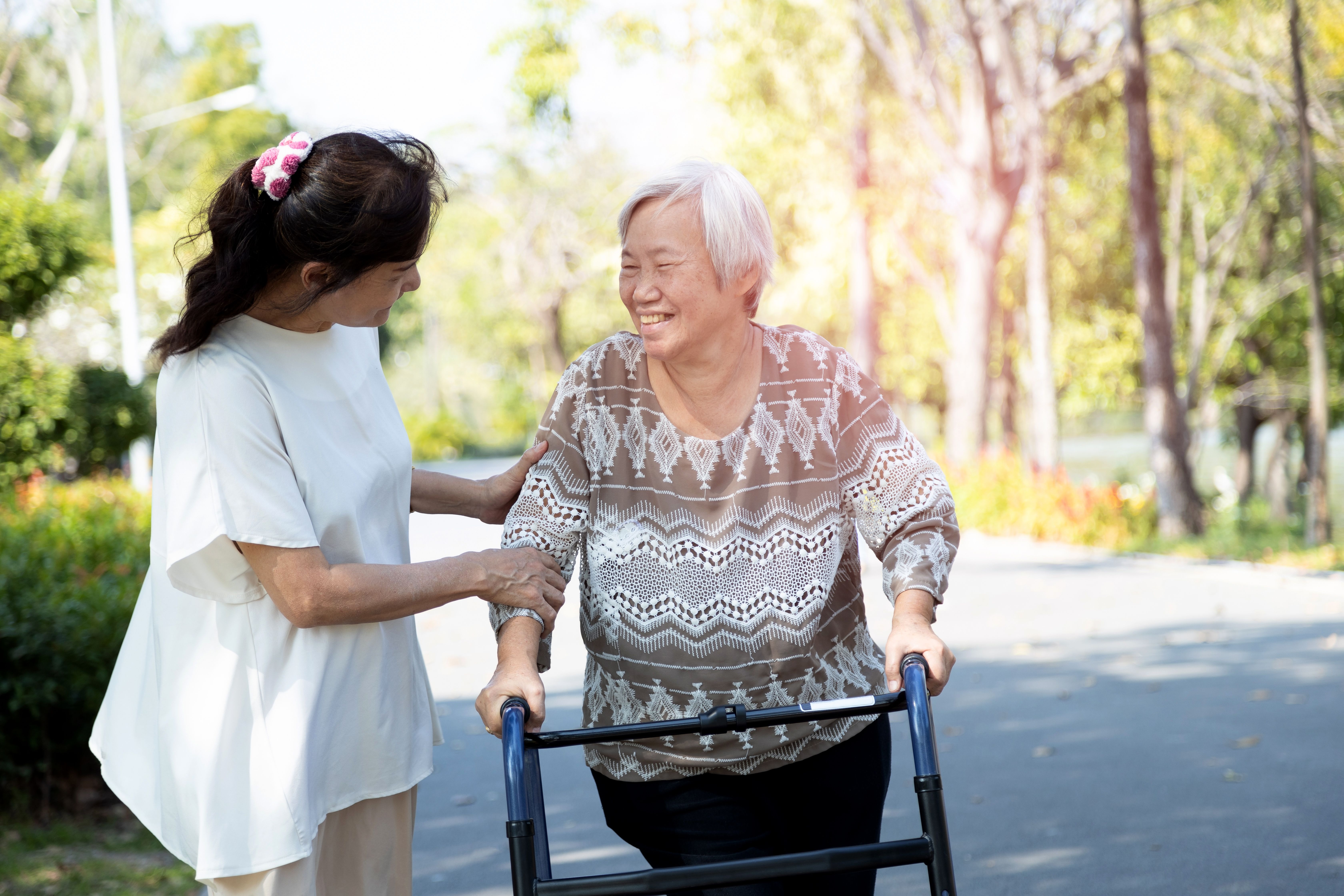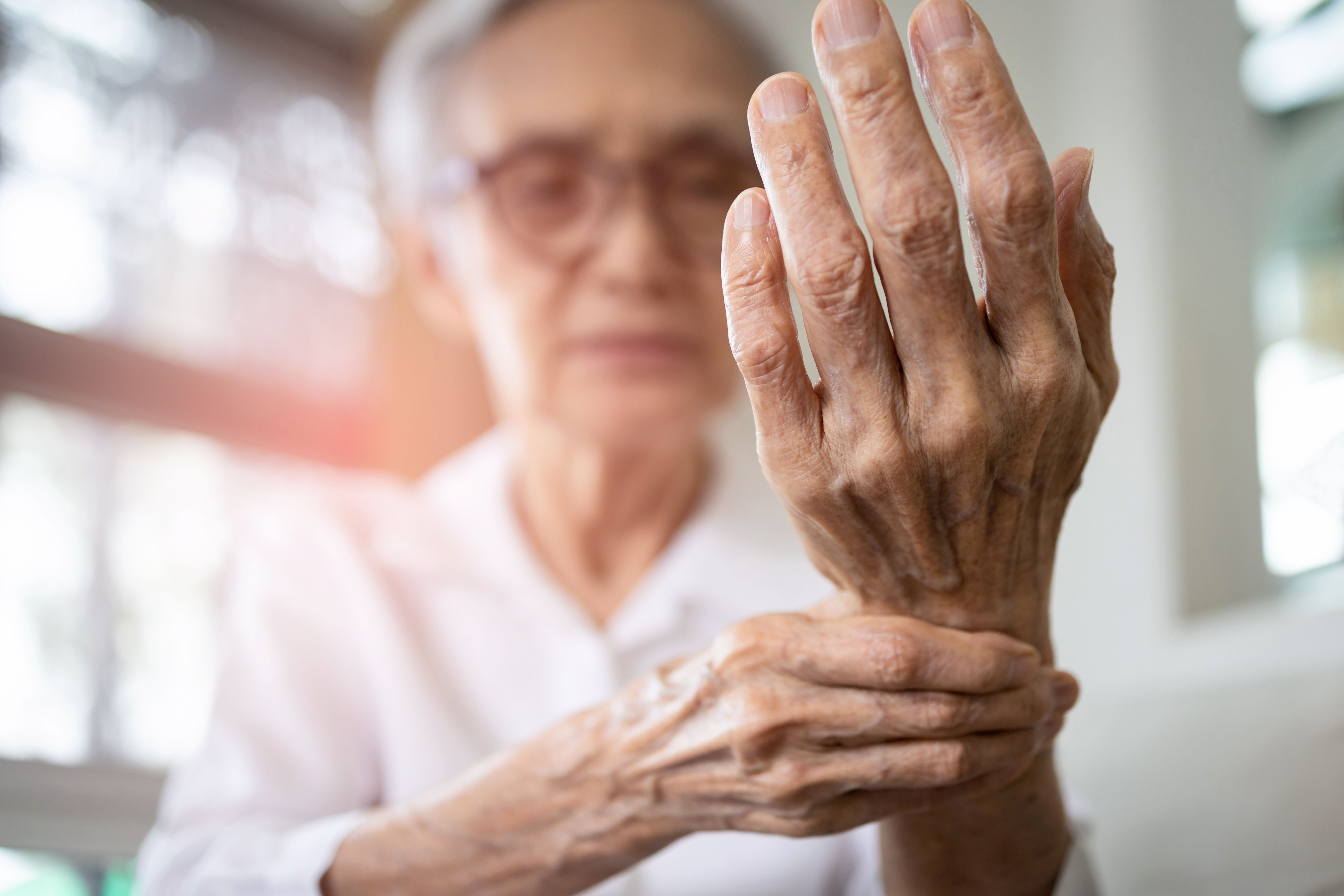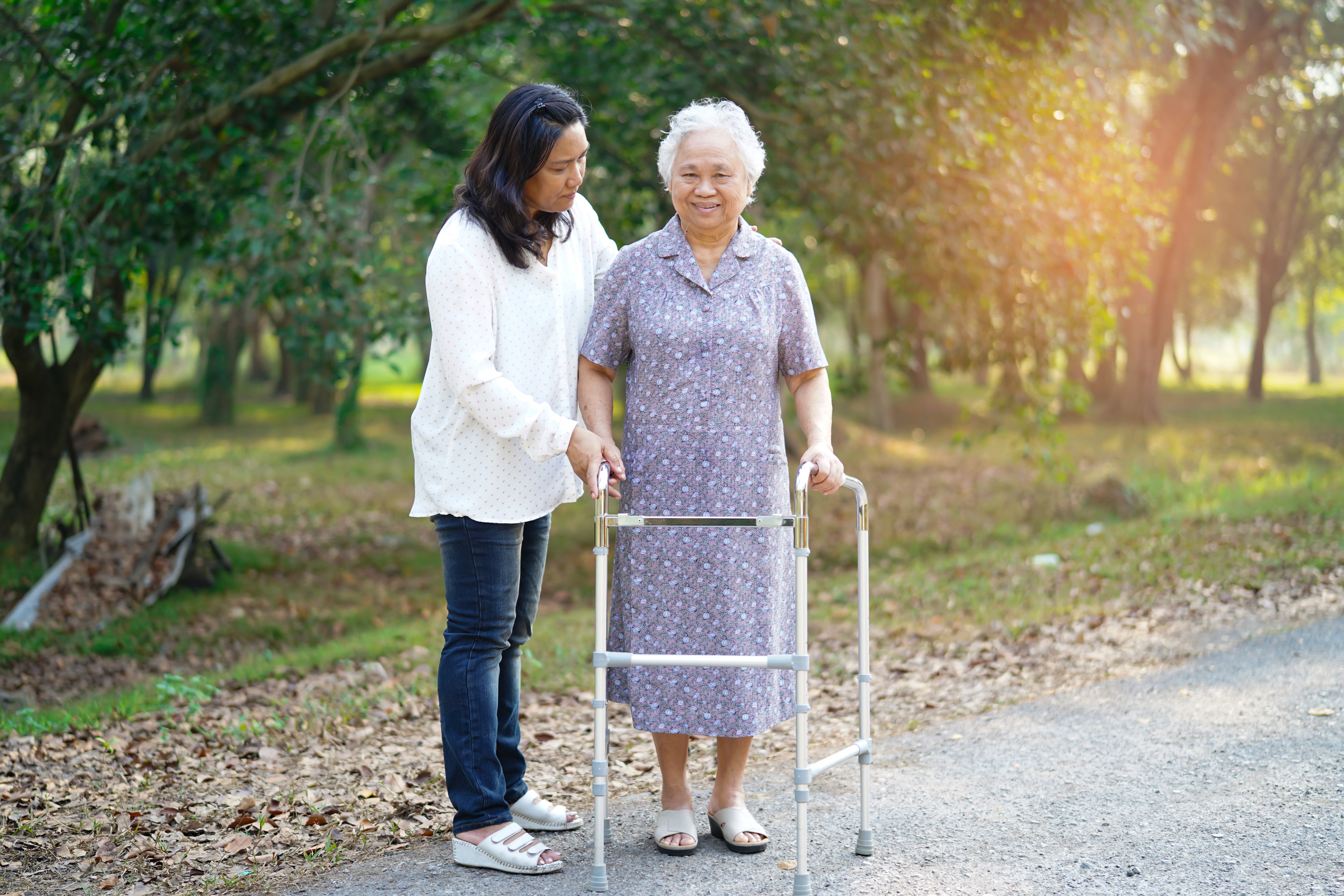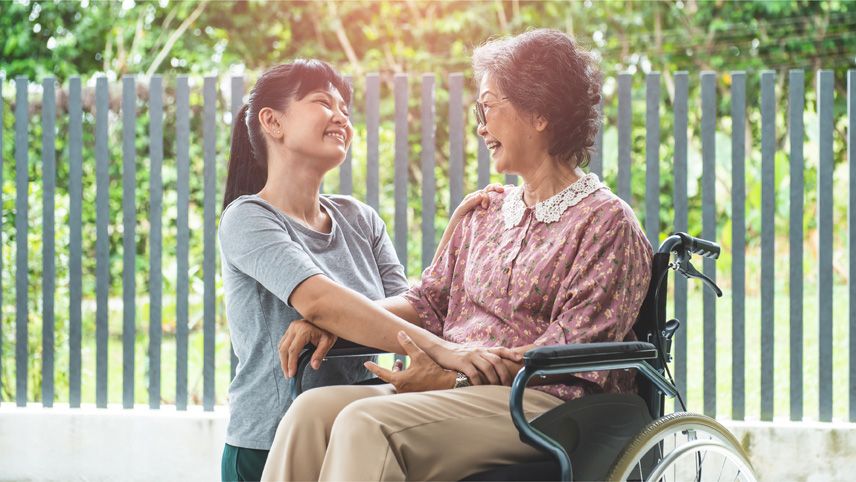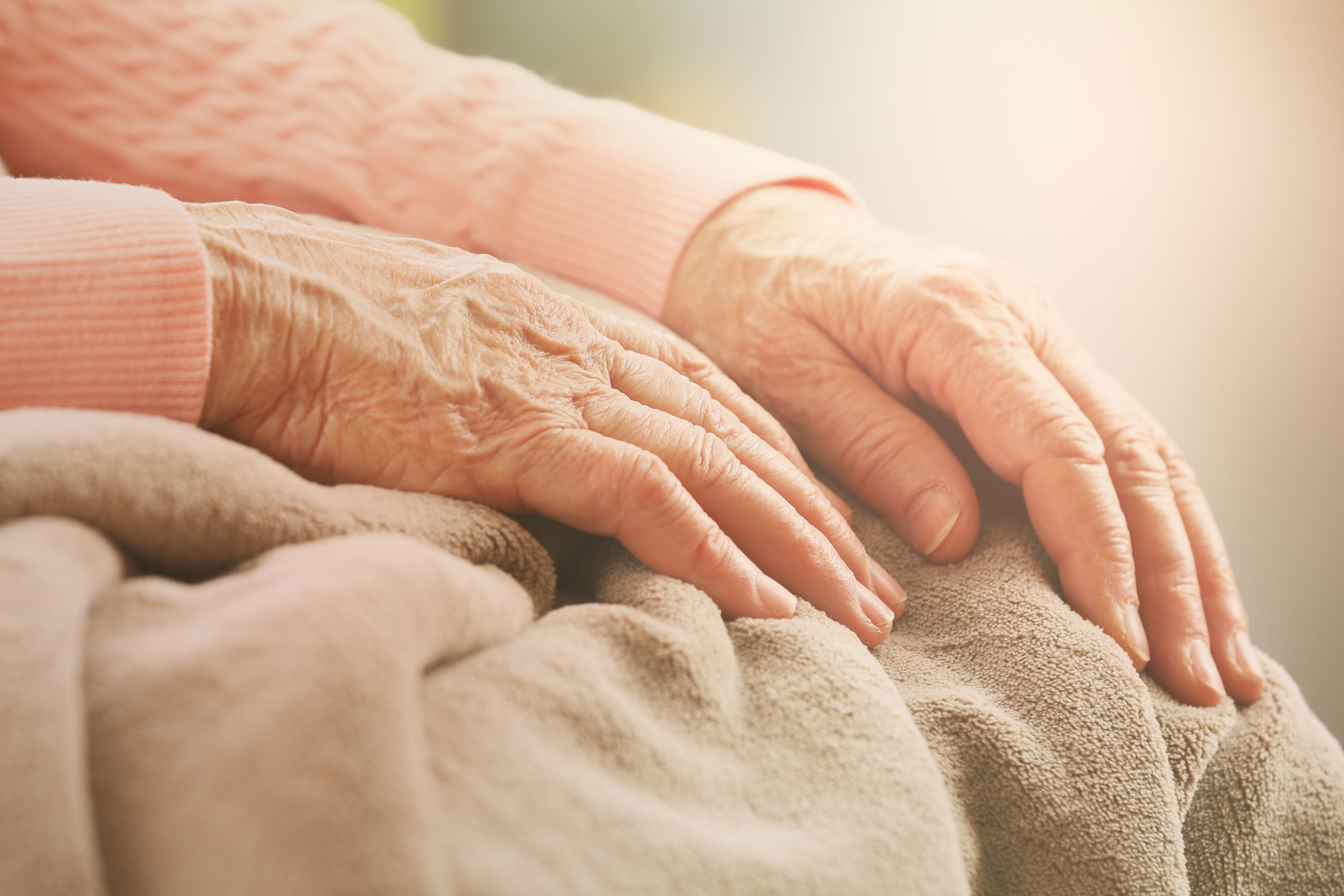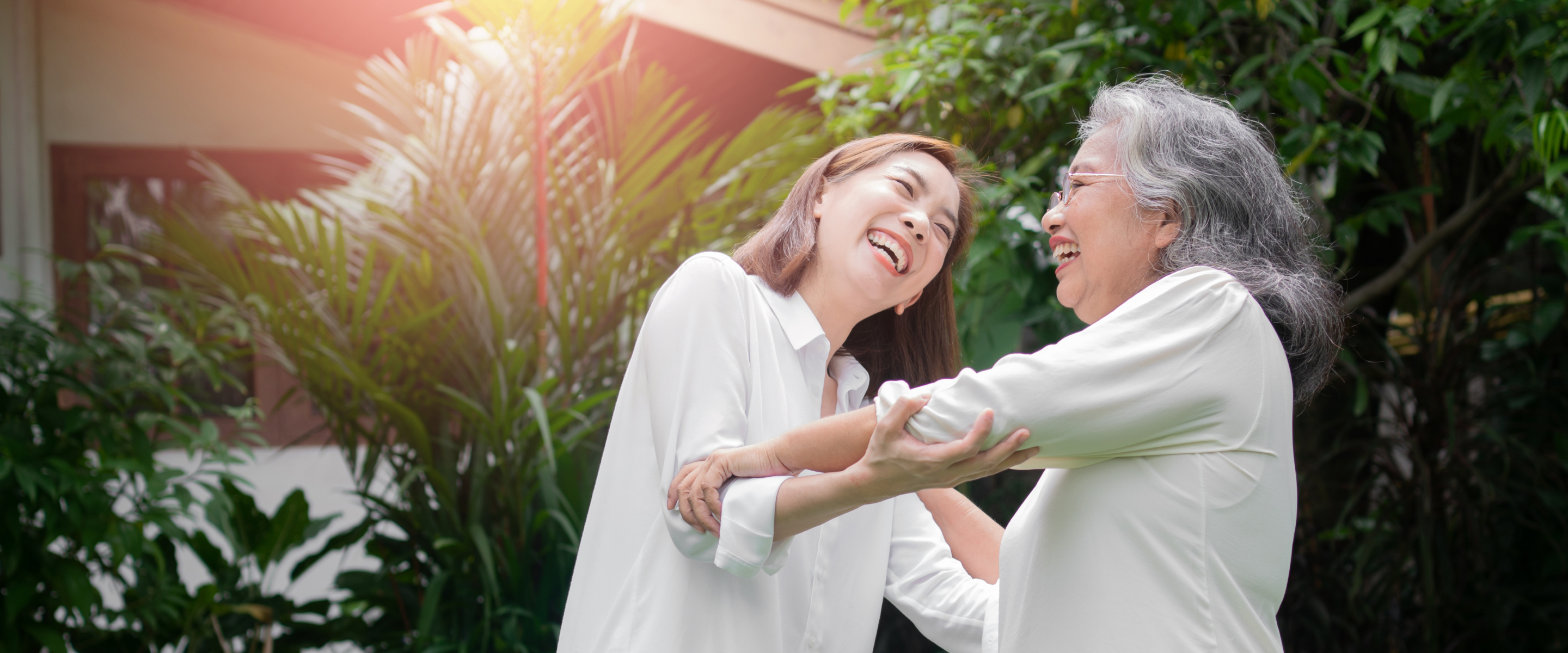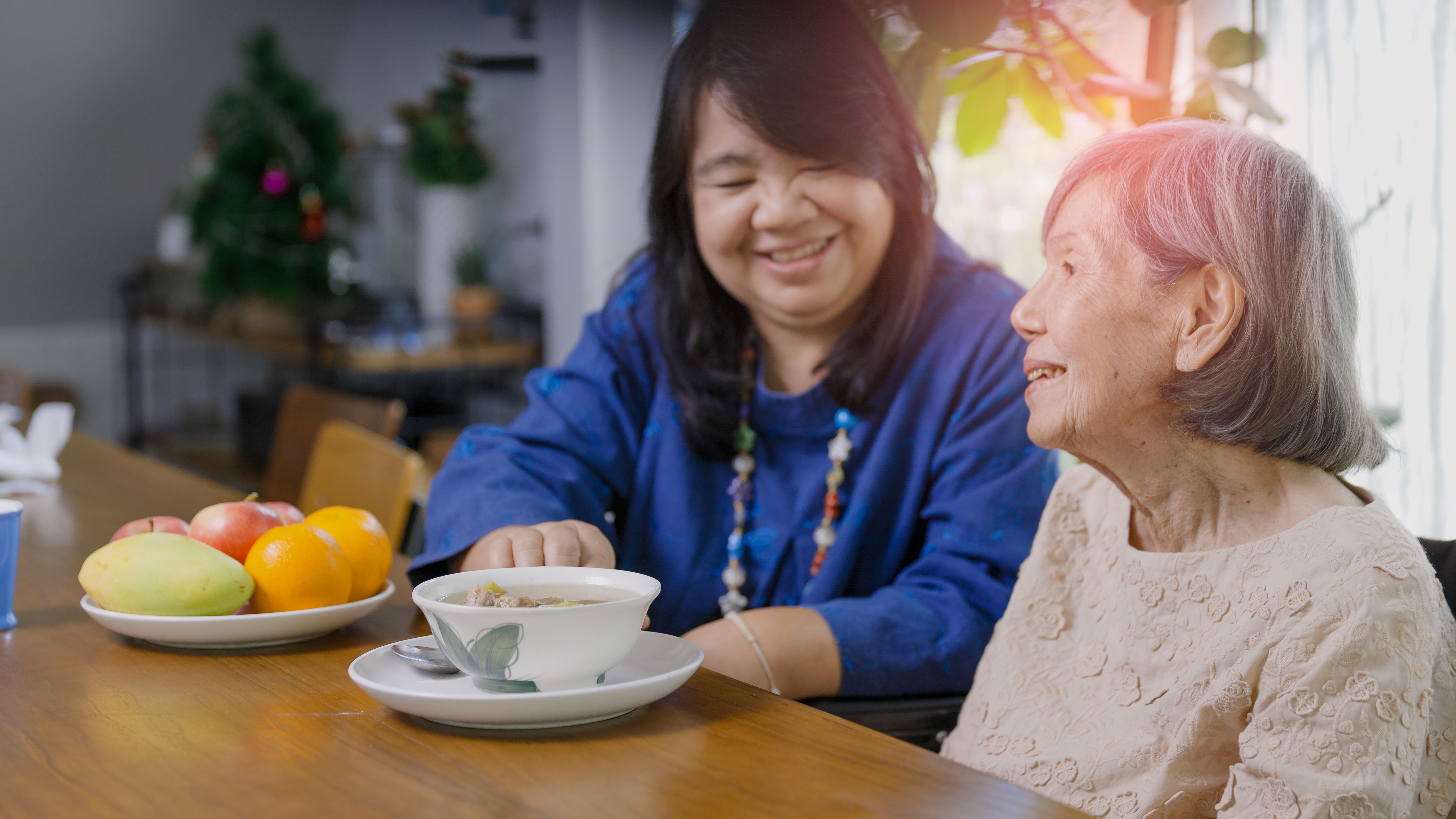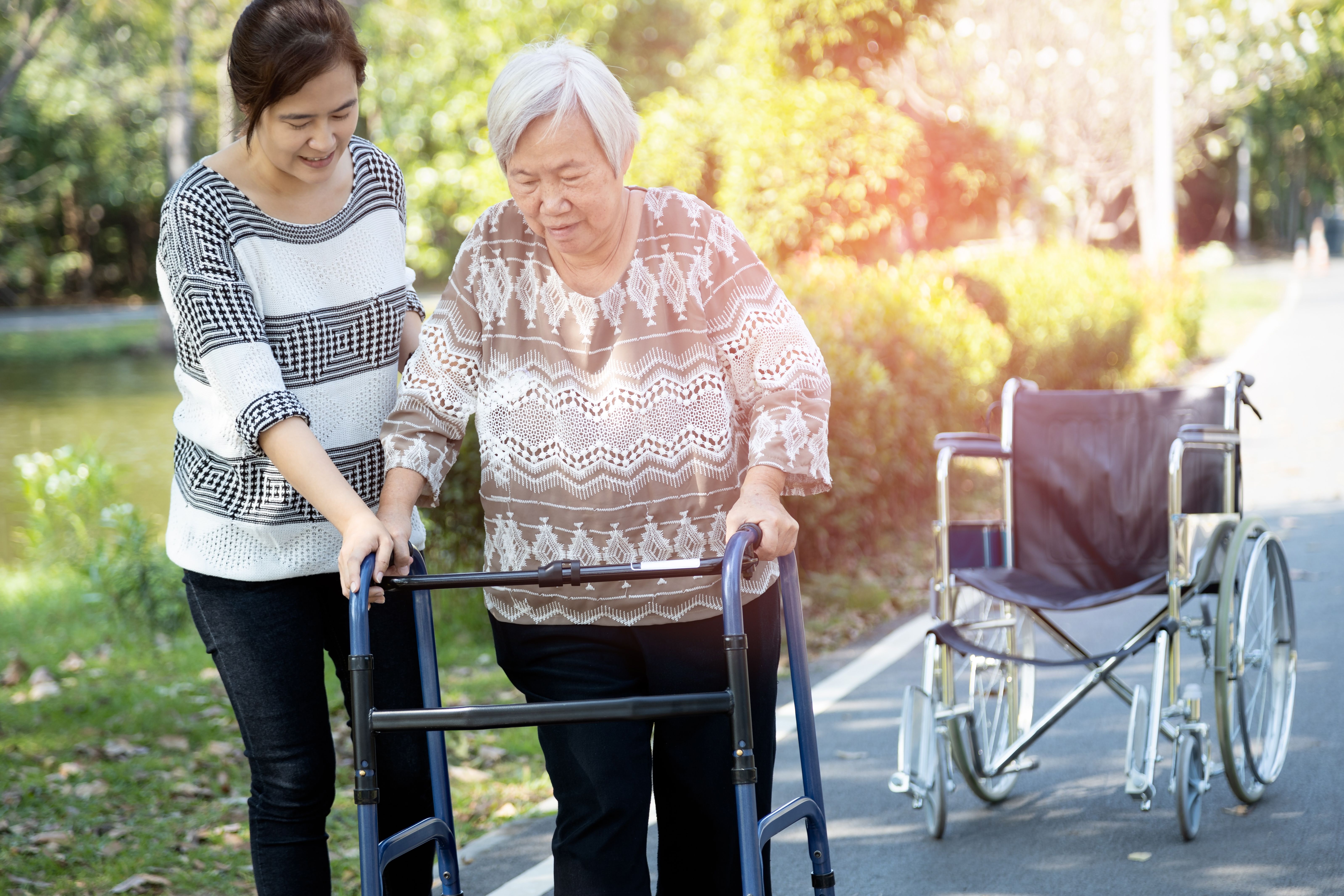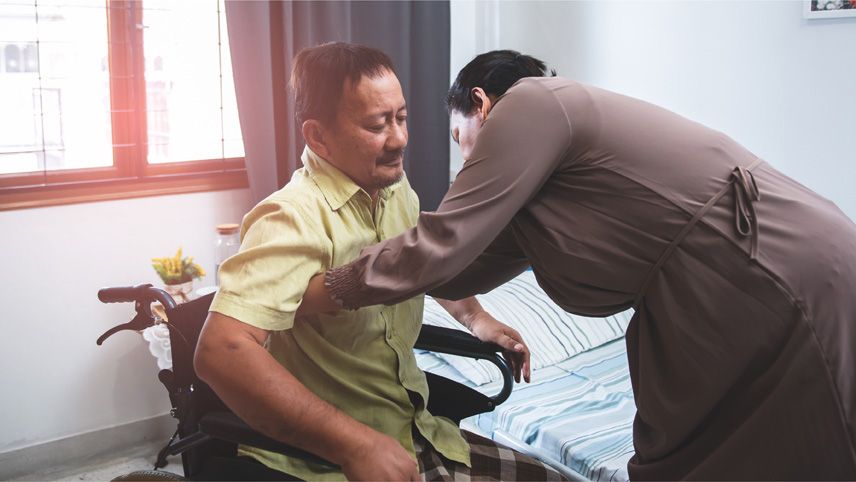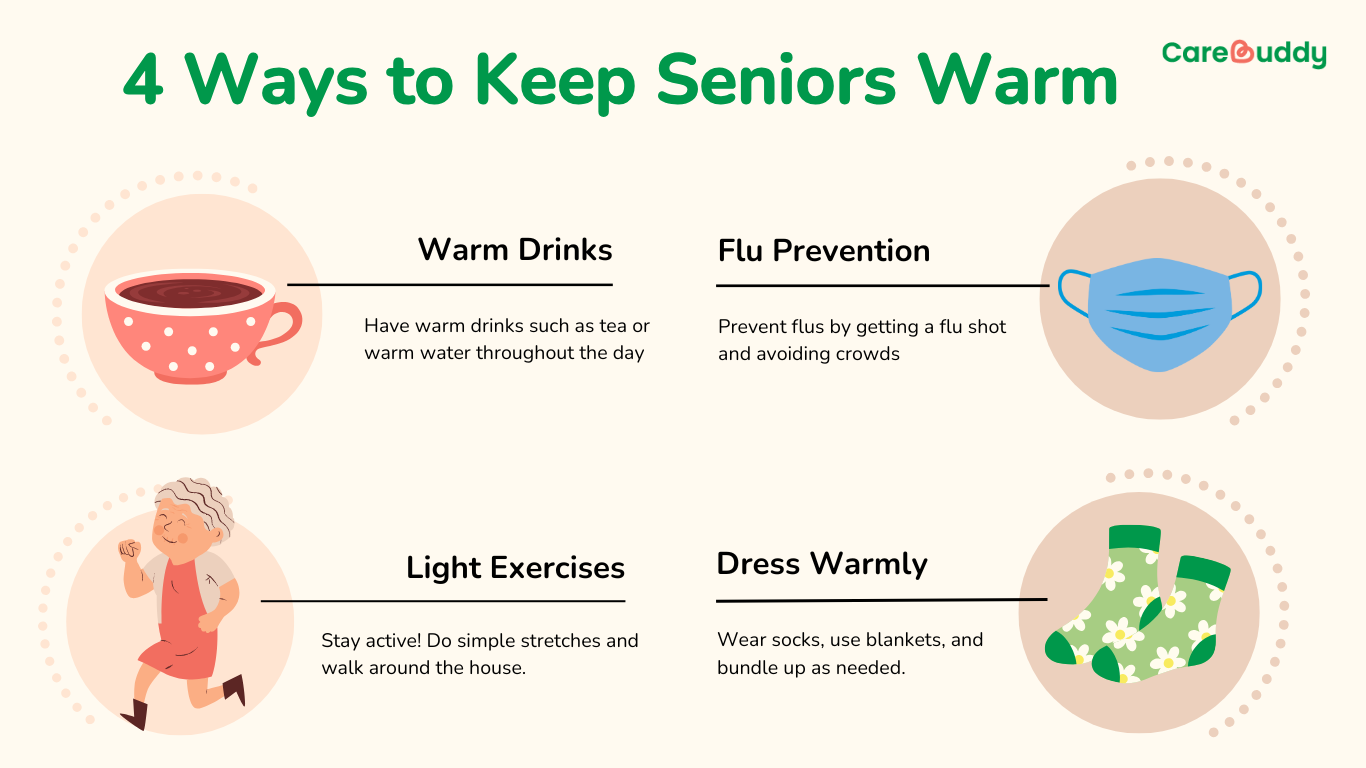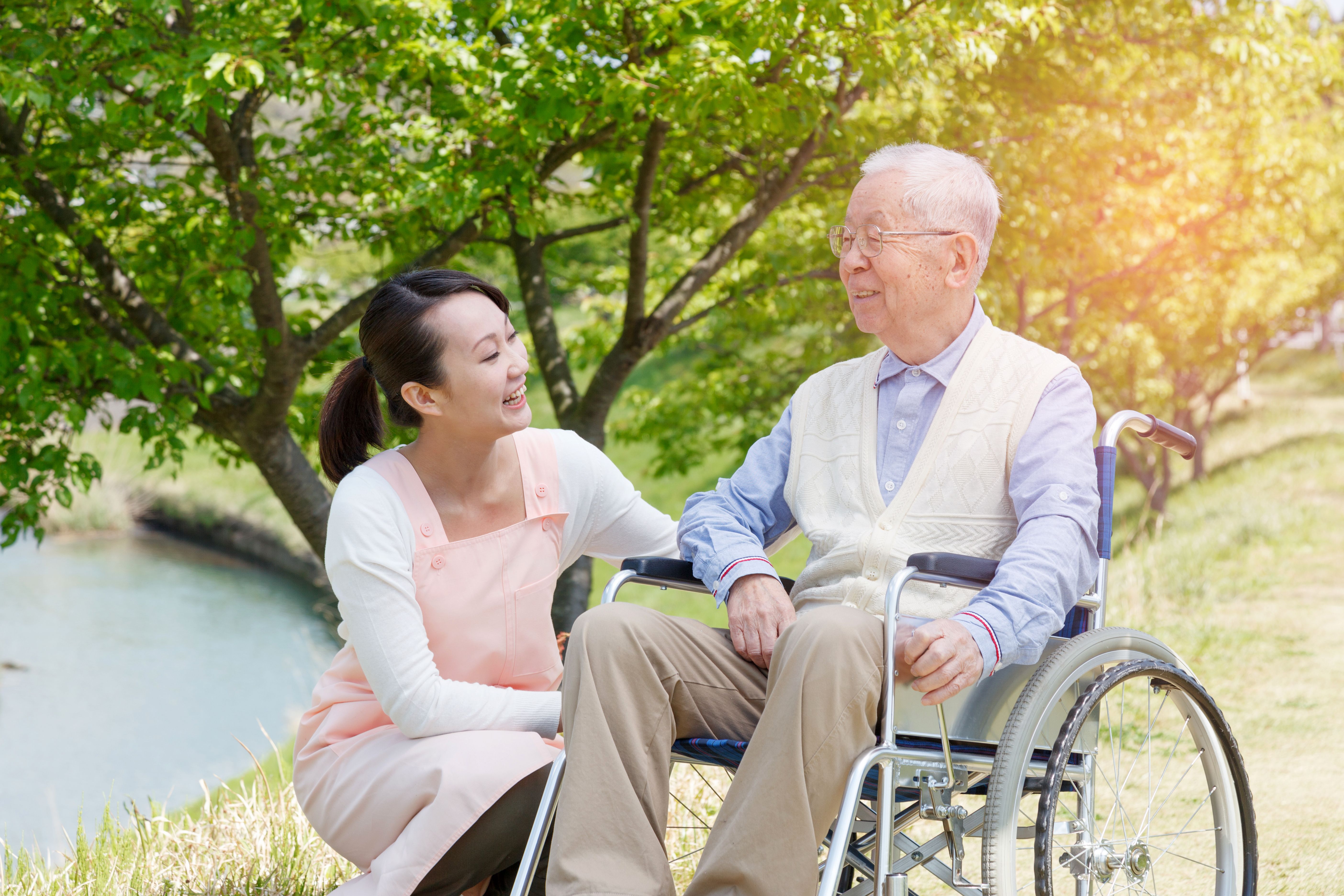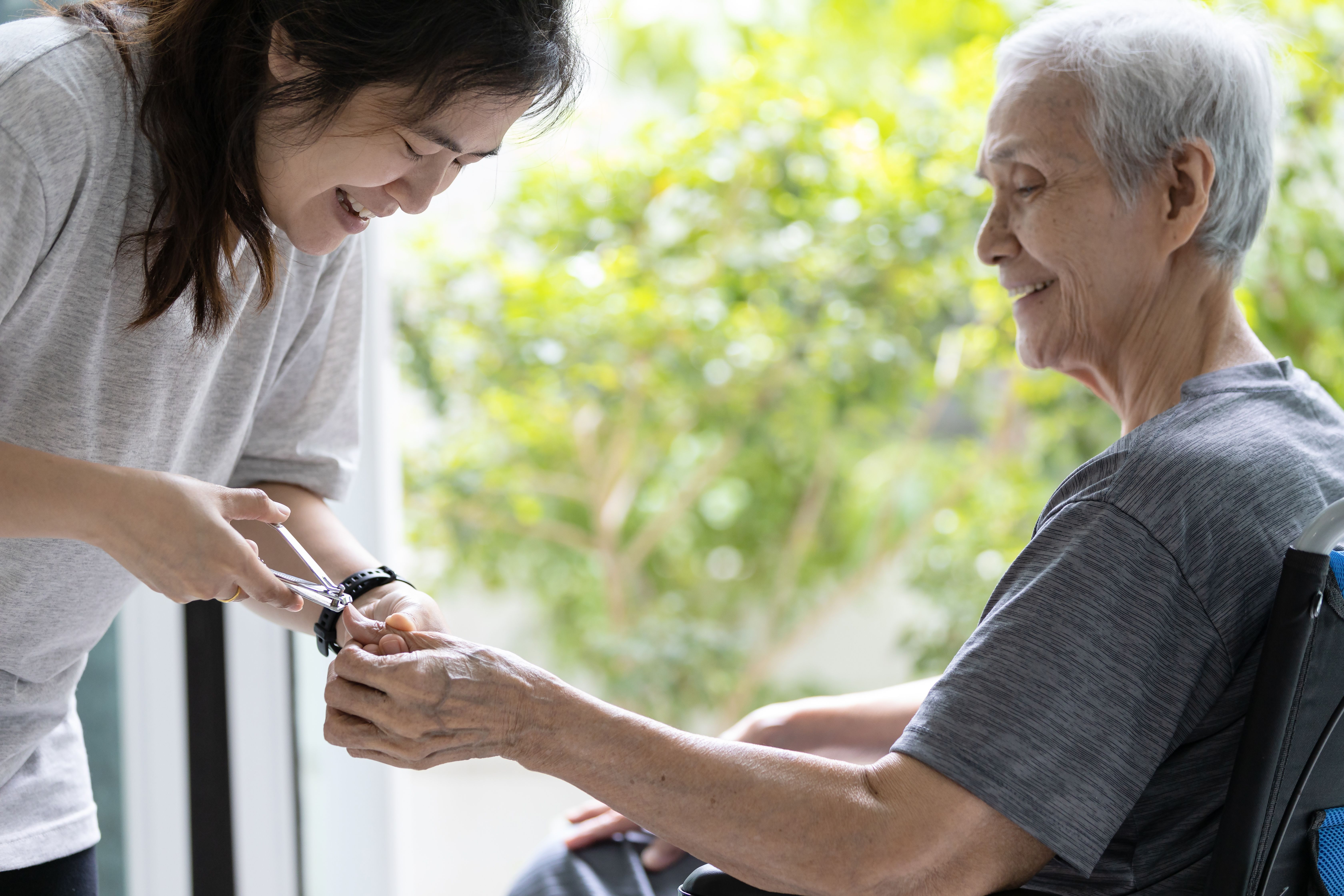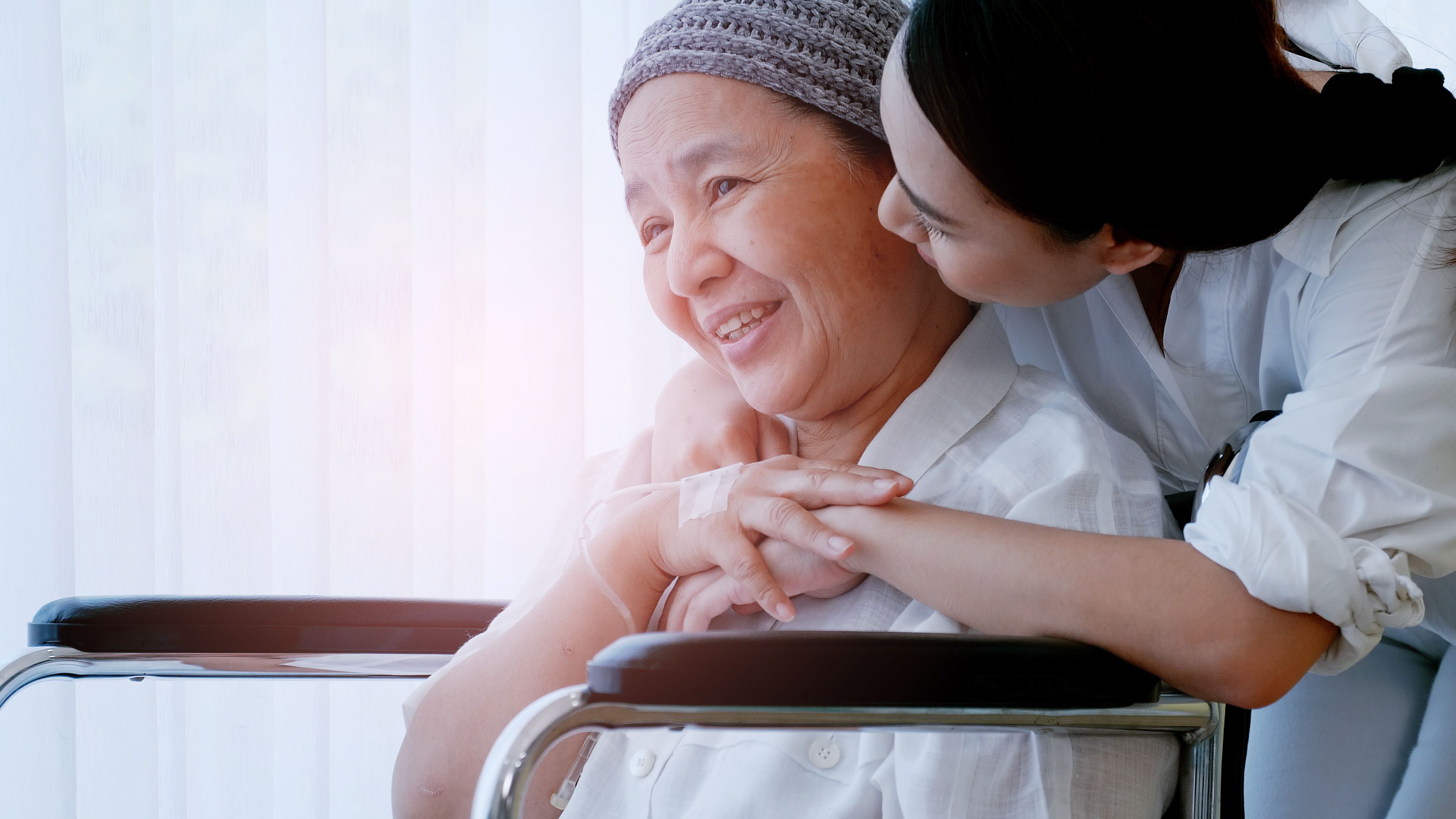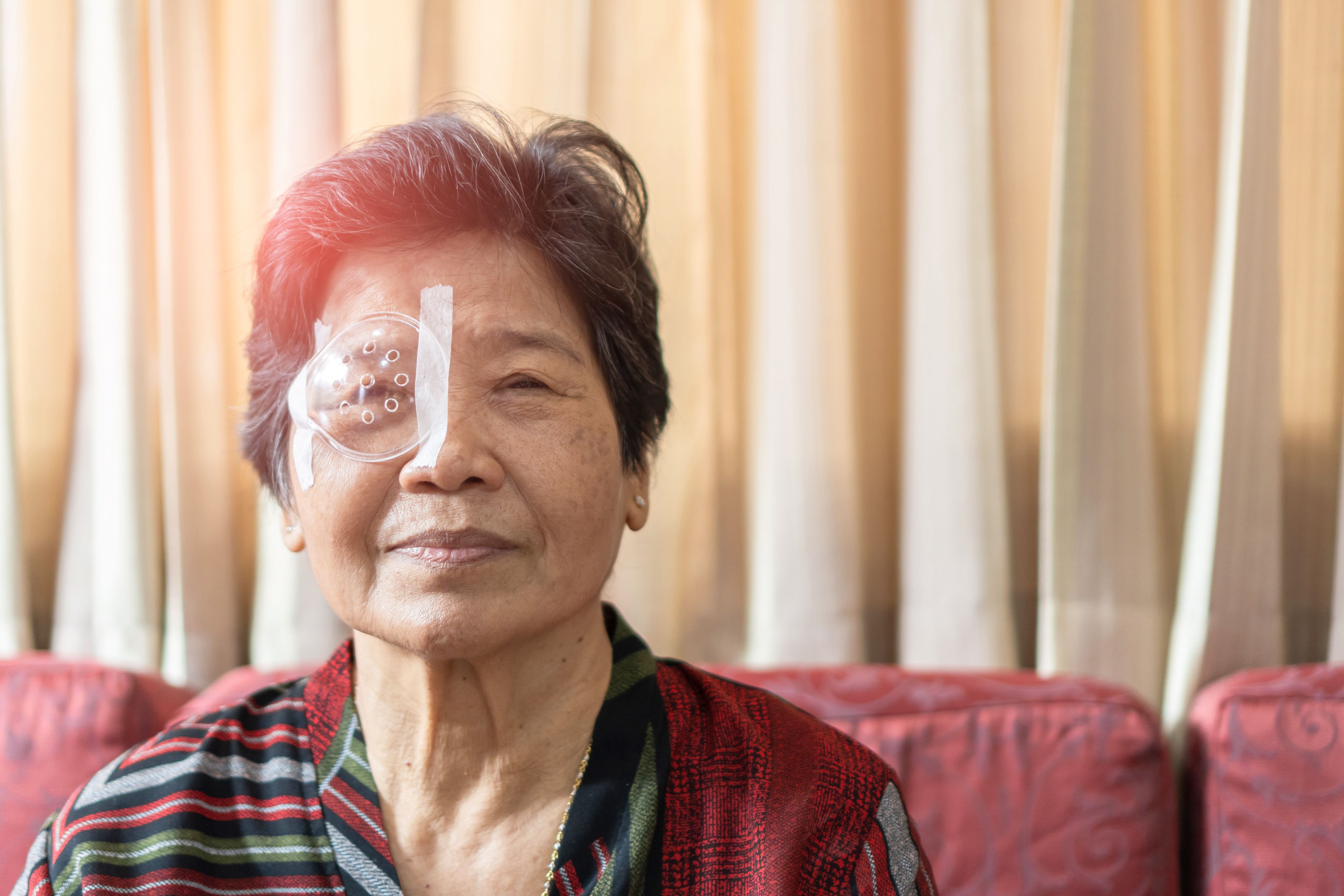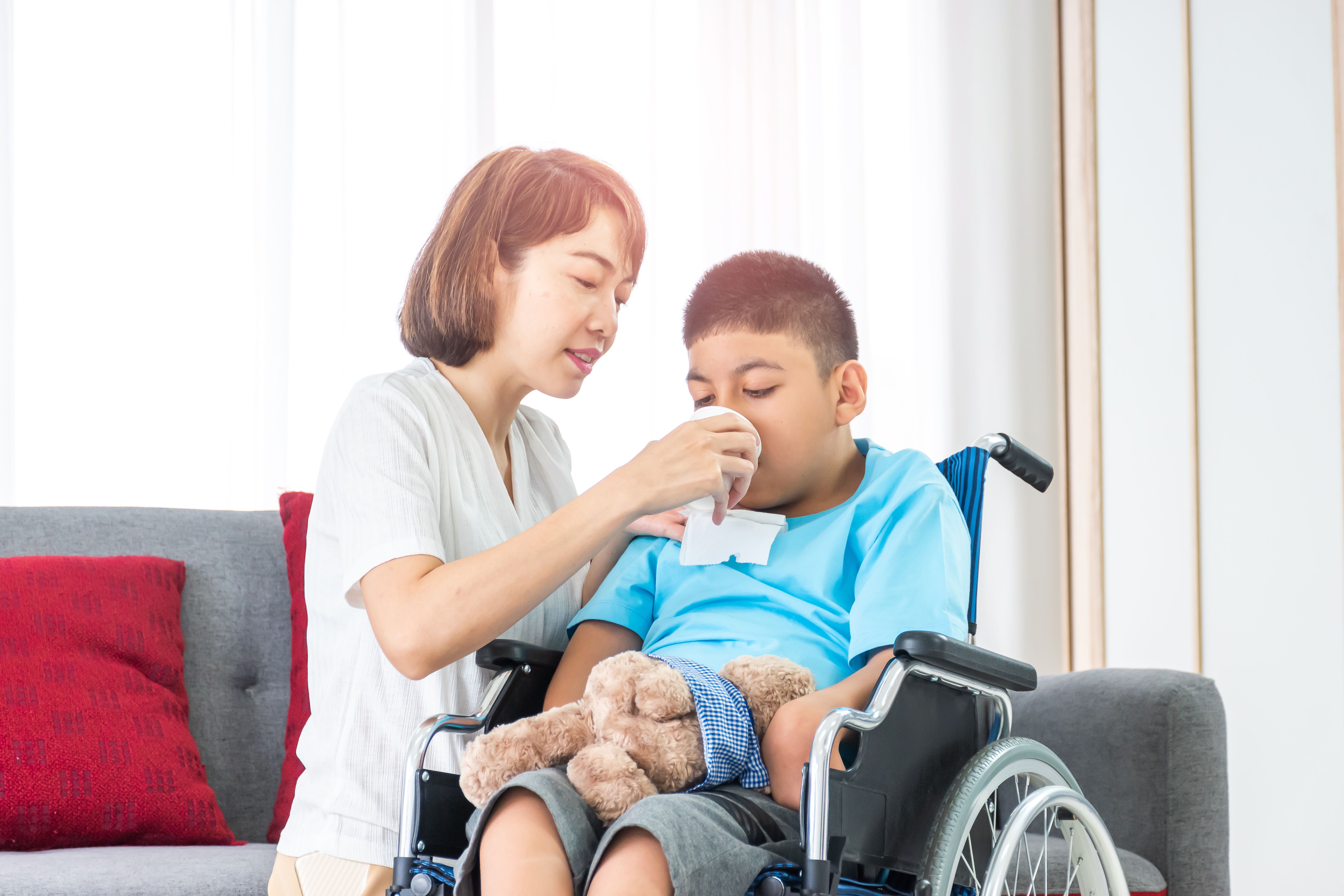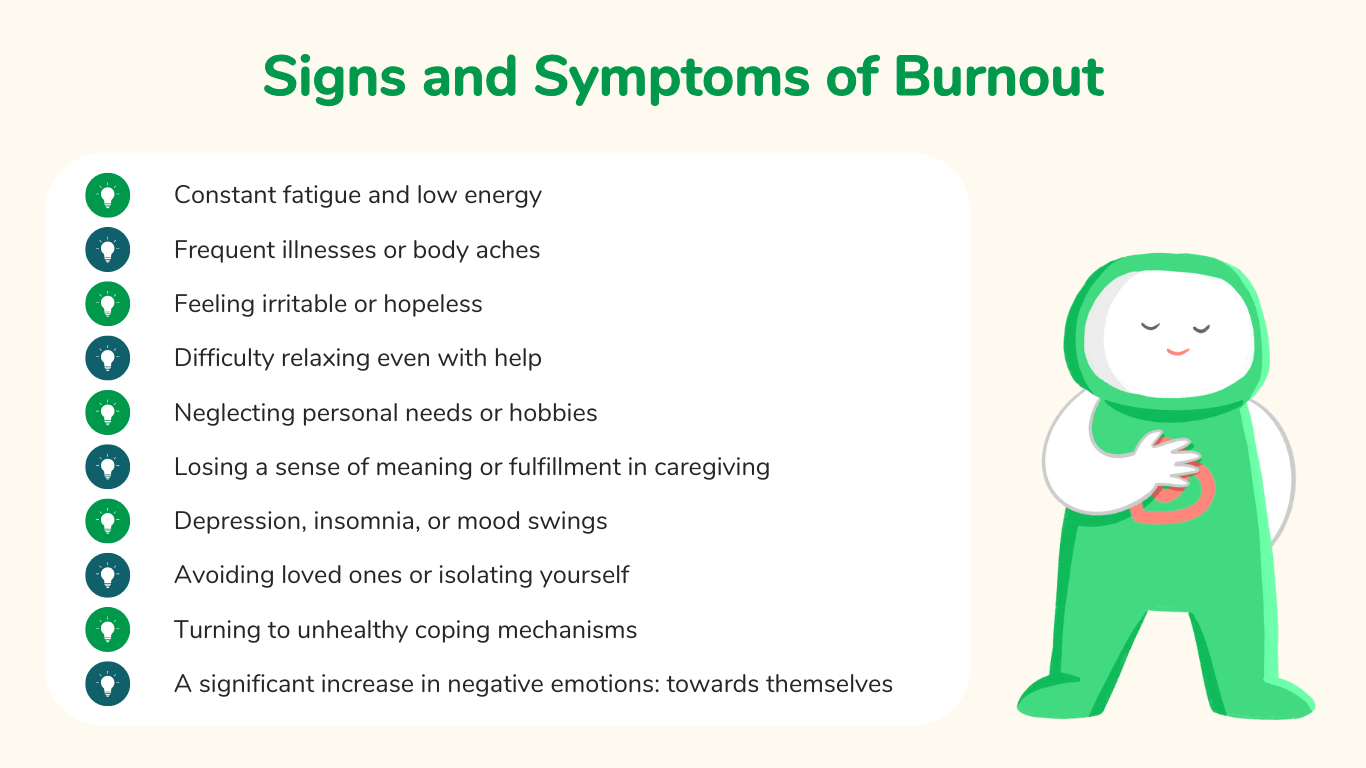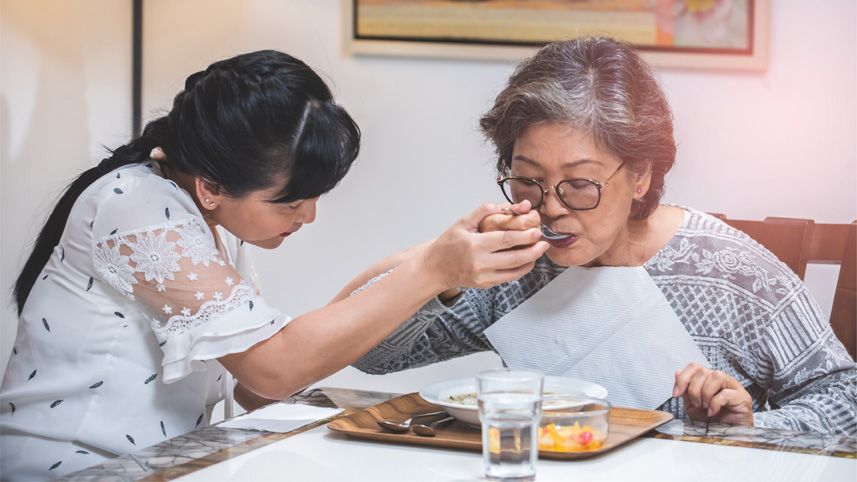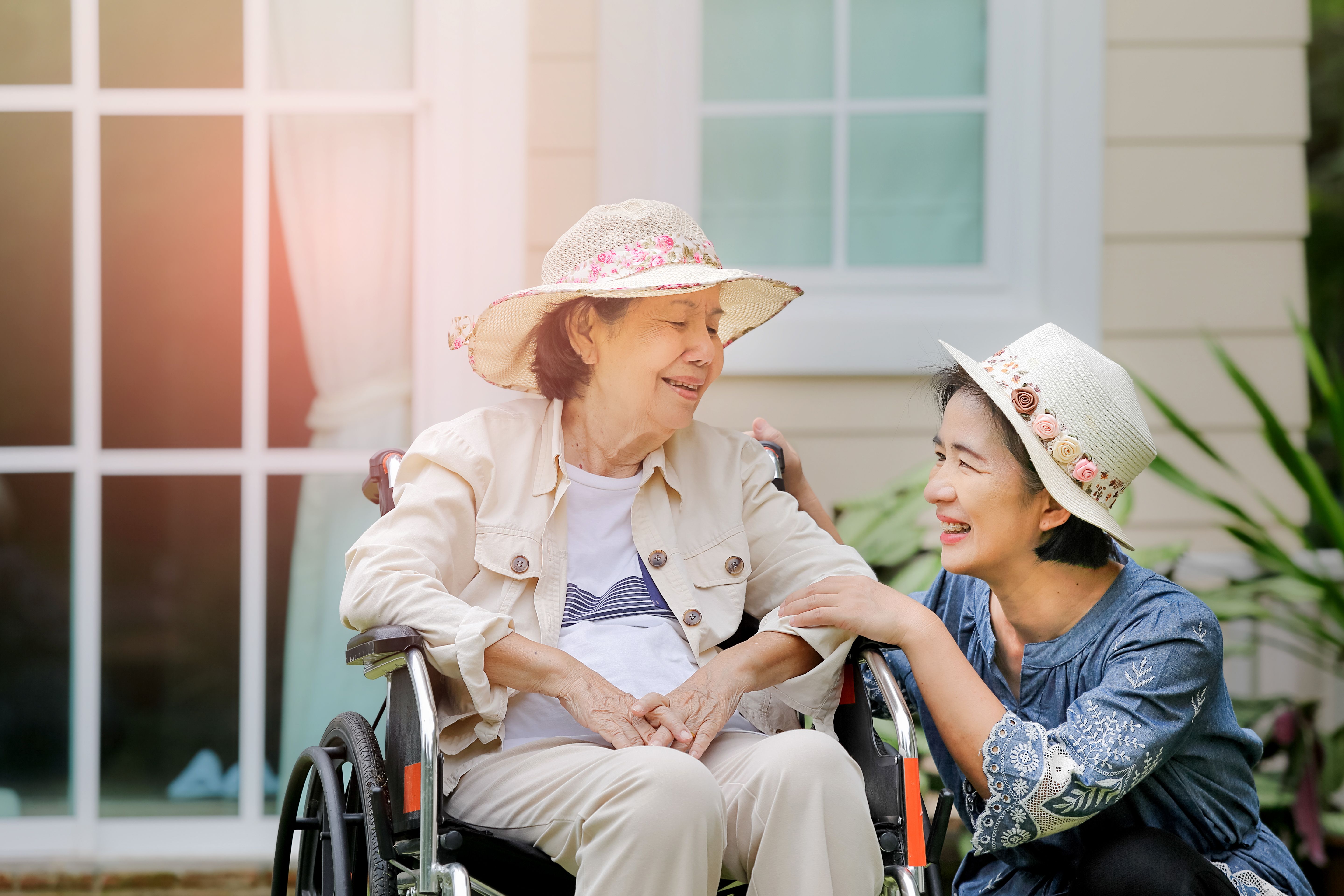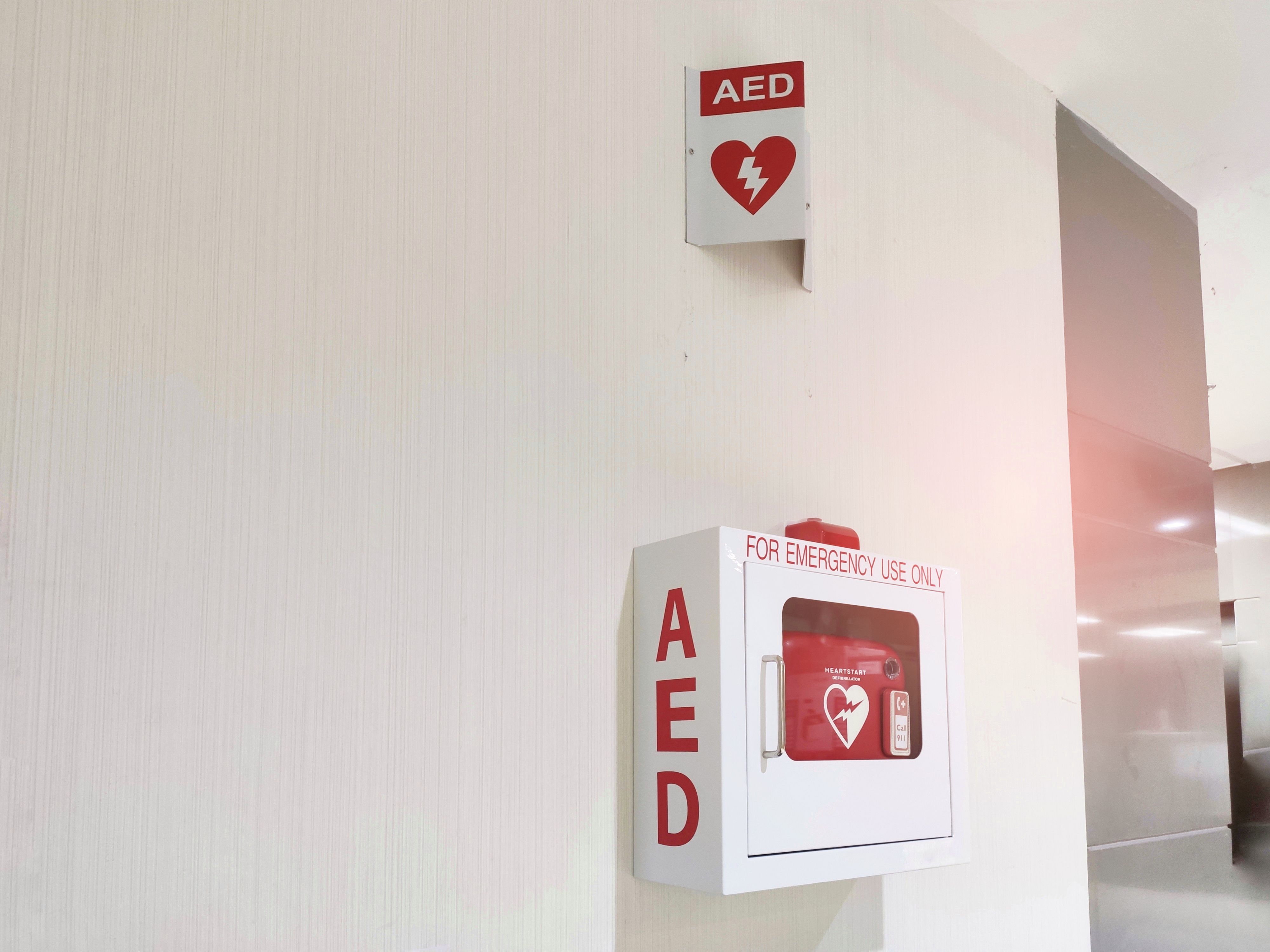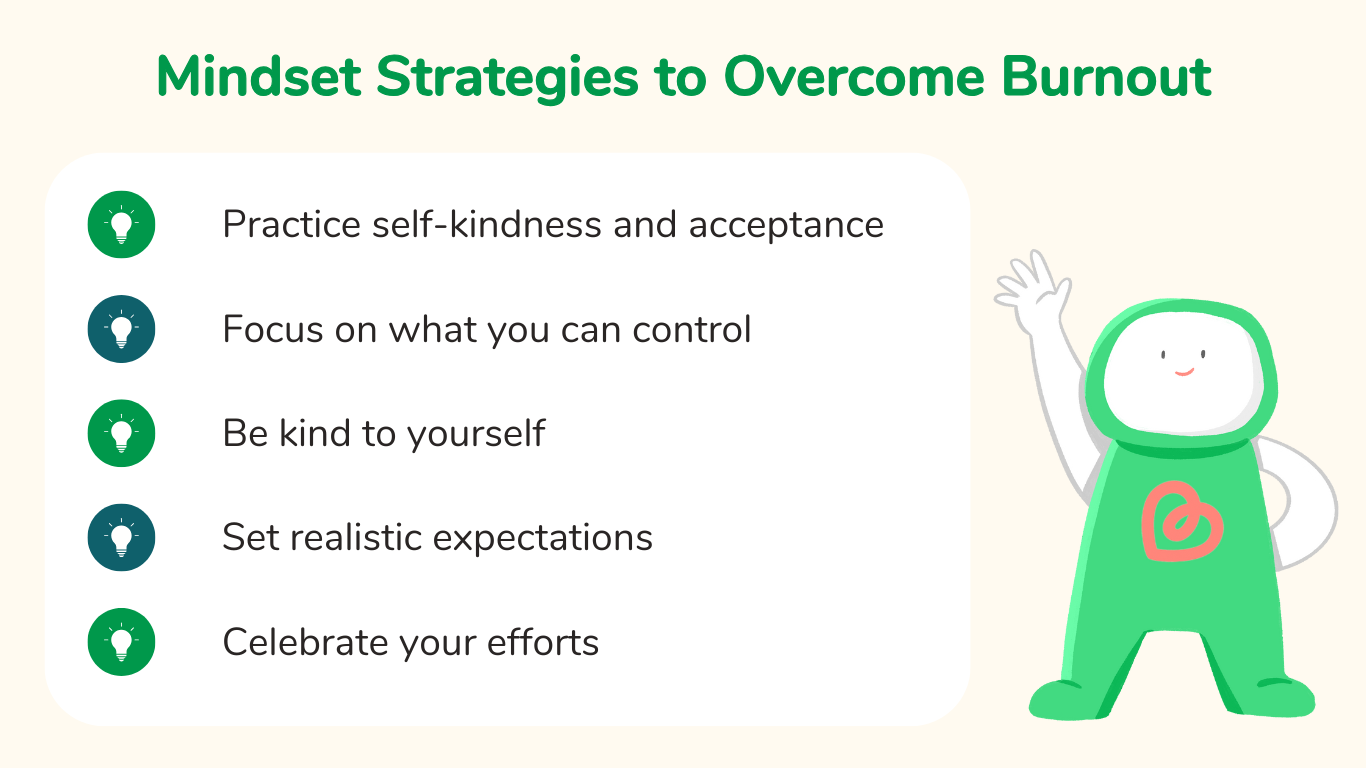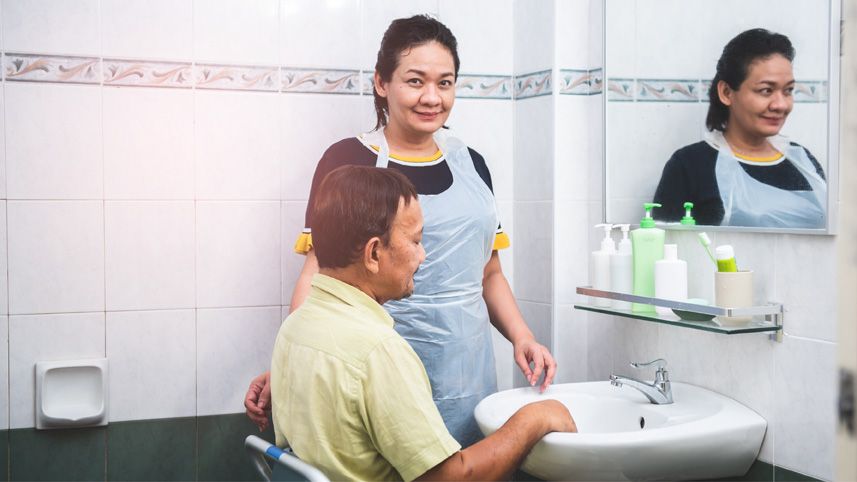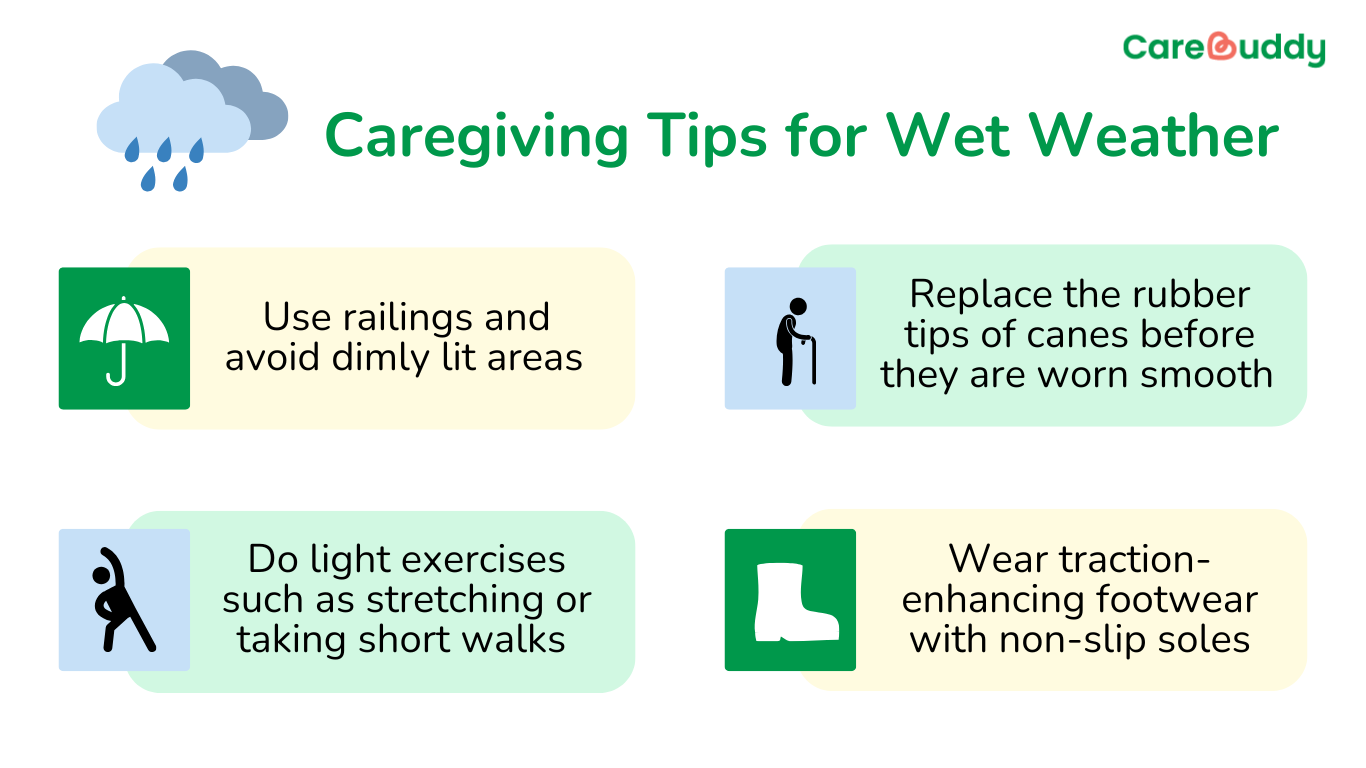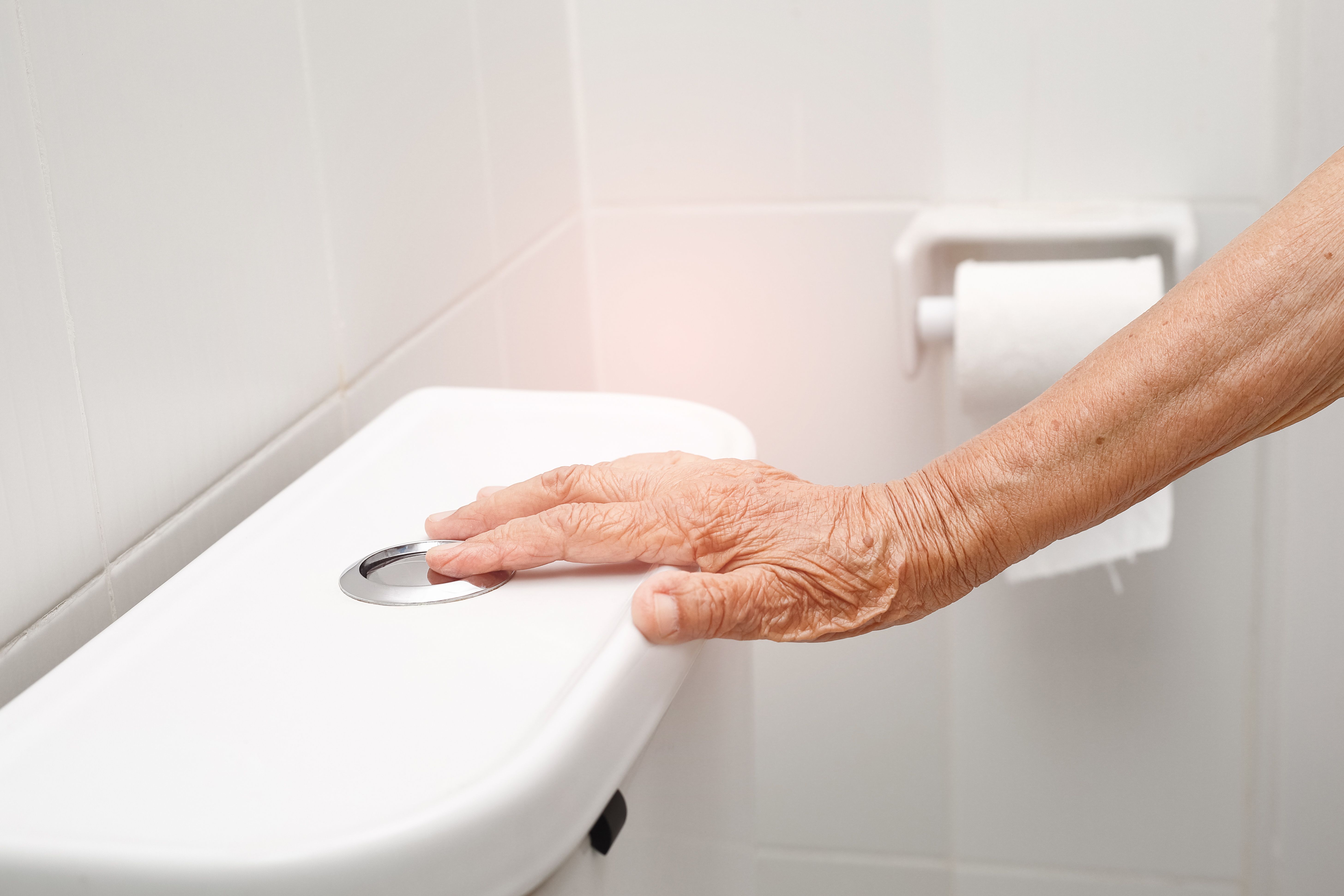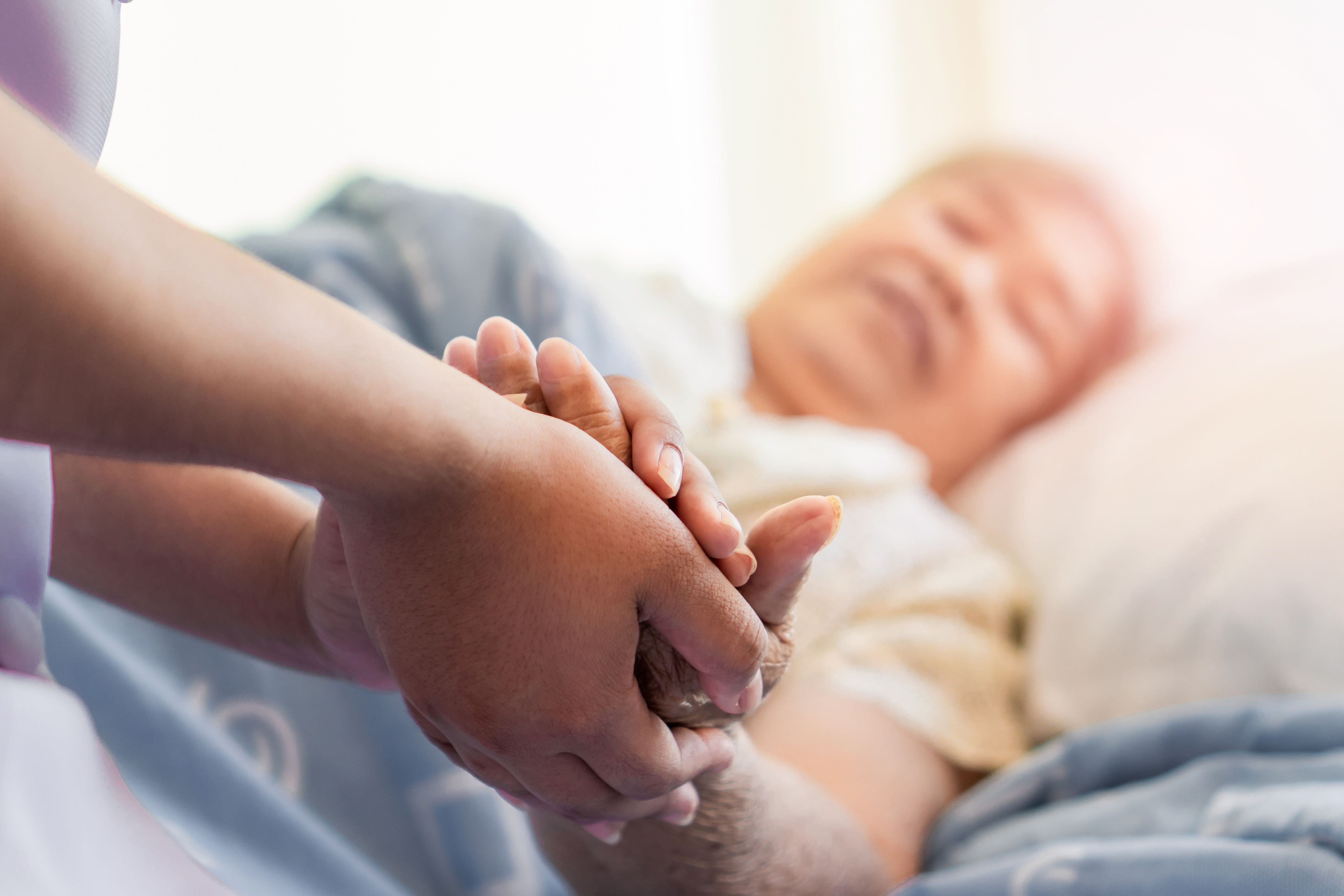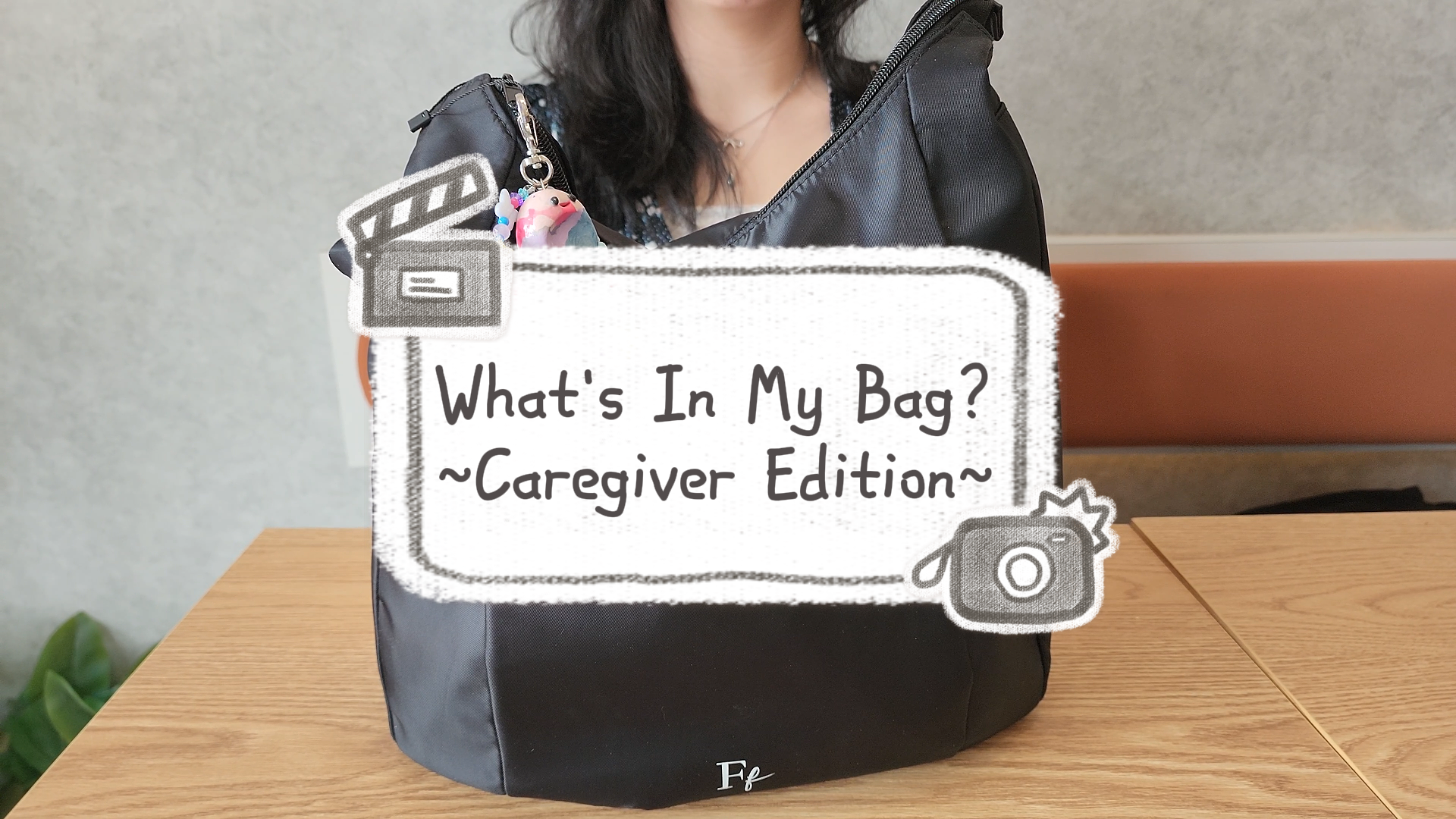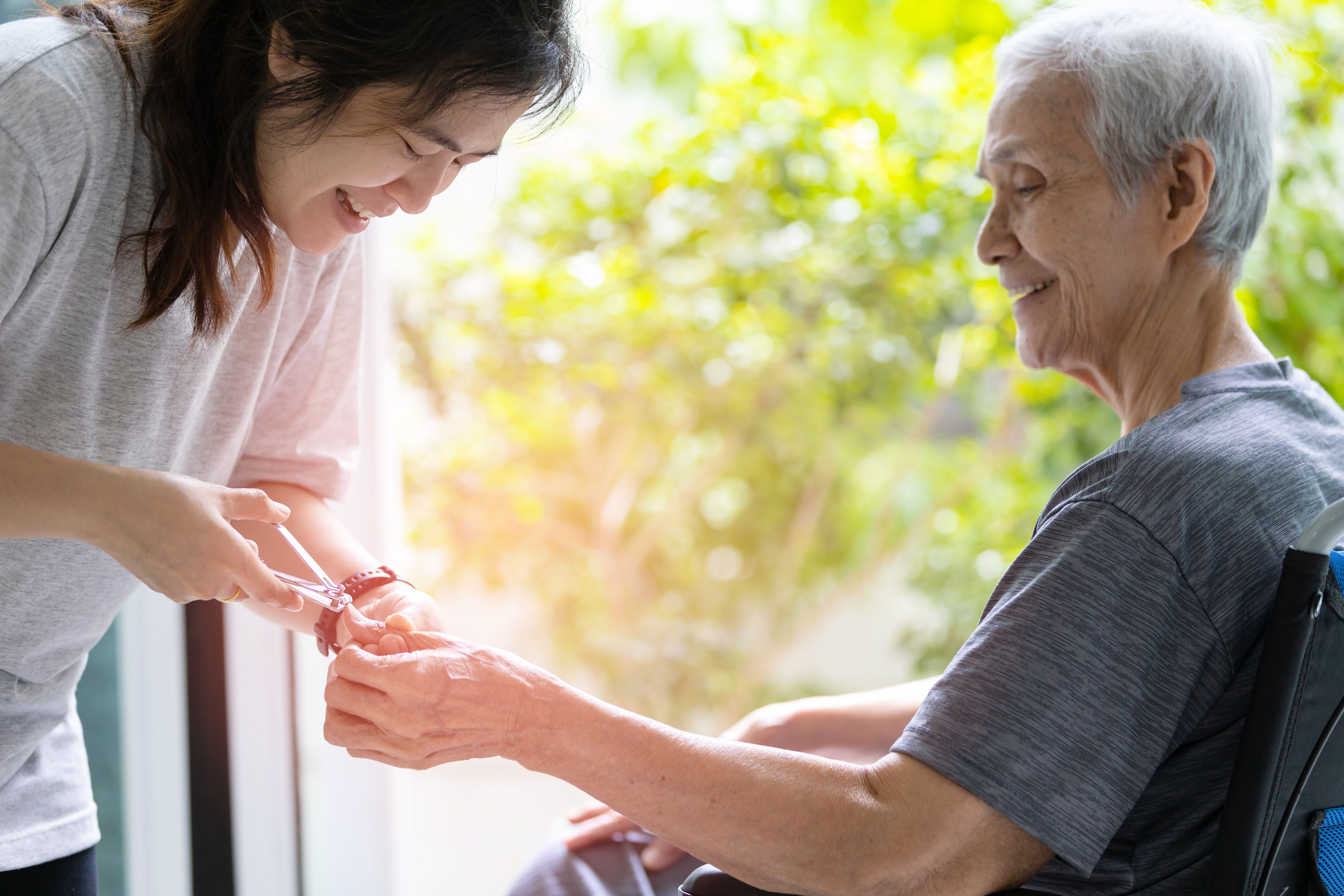Top 5 Misconceptions About Caregiving (and How to Address Them)
- CareBuddy
- 4 Mins Read
- 24 Jan 2025
- Caregiving

Here are five common misconceptions about caregiving, along with suggestions for how caregivers can thoughtfully address them during family gatherings.
1. “Why don’t you just tell them nicely?”
Communicating with a care receiver who has dementia, hearing impairments, or other health conditions is often not as simple as "telling them nicely”. Caregivers may need to adapt their language or approach based on the individual’s needs and condition.
What to say: “Sometimes it’s not about how nicely I say things – it’s about saying things in a way they can understand. I might be raising my voice, but they wouldn’t be able to hear me otherwise.”
2. “You should give in to them/give them what they want”
Sometimes, relatives might suggest giving the care receiver what they ask for, even if it’s not in their best interest. This can be harmful, especially if the care receiver has dietary restrictions or medical conditions. For example, a care receiver may want a sugary drink that could worsen their health.
What to say: “I need to balance what they want with what’s best for their health. While one drink might not seem like much, it could put unnecessary strain on their body, and I’d rather keep them safe.”
3. “Why don’t you just help them do it?”
This comment might come from a place of wanting to simplify the process, but it overlooks the importance of encouraging the care receiver's independence. While it may seem simpler to assist with tasks, caregivers often aim to strike a balance between support and autonomy.
What to say: “I encourage them to do as much as they can for their own well-being, whether it’s for their physical or cognitive stimulation. I help when they need it, but encouraging their independence is better for them in the long run.”
4. “You used to be able to do this before you became a caregiver”
When someone becomes a caregiver, their role changes, and so do their physical and emotional capacities. It’s common for new caregivers to struggle with maintaining the same standards of cleanliness or efficiency they once had.
What to say: “Becoming a caregiver has changed my routine and energy levels. I sleep much less now, for example. It's a big adjustment, and I’m doing my best to manage it.”
5. “If you think this is hard, wait till you have a child/It’s like having a child”
While raising a child and caregiving share some similarities, they are fundamentally different. Caregiving often involves managing medical care, monitoring emergencies, and providing emotional support to an adult who may have complex health needs.
What to say: “I understand that raising a child is challenging, but caregiving has unique dynamics. It’s not just about physical tasks; it’s also managing health, medications, health crises, and sometimes even a person’s mood or behaviour. It's a different kind of responsibility.”
Promoting Empathy and Understanding
Festive seasons like Chinese New Year are a chance for families to come together, and they also present opportunities to foster greater understanding about caregiving. By addressing misconceptions thoughtfully, caregivers can help their relatives understand the complexities of their role and reduce unnecessary pressure.




